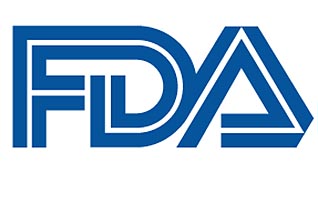The Food and Drug Administration’s (FDA) new food safety guidelines include utilizing technology to enhance traceability, responding more quickly to outbreaks, and other factors affecting the seafood industry.
This New Era of Smarter Food Safety blueprint represents a “new approach to food safety, leveraging technology and other tools to create a safer and more digital, traceable food system,” the agency said on its website.
“Forecasting unique demands on the future value chain will help FDA identify and whenever possible neutralize challenges,” National Fisheries Institute President John Connelly said in a press release.
“In just the past few months, the seafood market has changed and the seafood community and FDA have worked to keep our food supply safe with a rigorous yet flexible approach,” Connelly added.
NFI is pleased to see the Trump Administration “embracing a food safety framework for the future that is both smart and safe,” he noted.
The blueprint includes several new methods to prevent and respond to outbreaks, including advancing the FDA's predictive analytics capabilities through expanded use of artificial intelligence and machine learning tools, as well as exploring technologies to enhance predictive toxicology tools that identify and characterize food chemical hazards.
The agency also aims to have “end-to-end traceability” throughout the food safety system.
“We want to explore ways to encourage firms to voluntarily adopt tracing technologies and ways to harmonize tracing activities, which will support interoperability across a variety of technology solutions, working towards outcomes that are achievable for all sectors,” the FDA said.
In related news, the FDA is planning to resume routine inspections of FDA-regulated businesses on 20 July. It has been conducting only priority inspections since the COVID-19 pandemic began in March.
However, resuming prioritized domestic inspections will depend on the data about the virus’ trajectory in a given state and locality, and the rules and guidelines that are put in place by state and local governments, FDA said in press release.
“In order to move to the next phase, we must see downward trends in new cases of COVID-19 and hospitalizations in a given area. Our ability to resume is also affected by other services that have been curtailed by the pandemic, such as public transportation,” the agency said.
For the foreseeable future, prioritized domestic inspections will be pre-announced to FDA-regulated businesses.
“This will help assure the safety of the investigator and the firm’s employees, providing the safest possible environment to accomplish our regulatory activities, while also ensuring the appropriate staff are on-site to assist FDA staff with inspection activities,” the FDA said.







